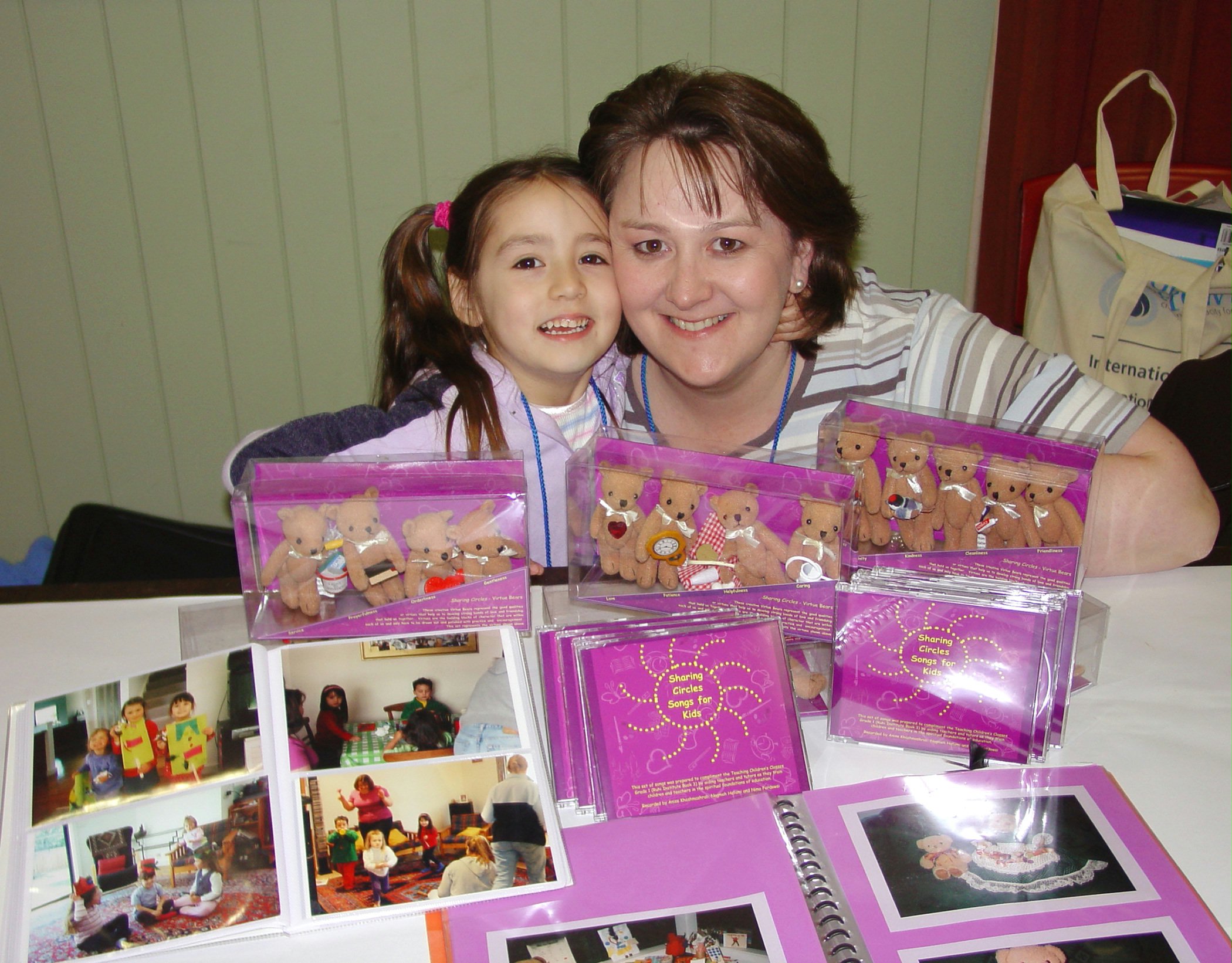
SYDNEY — You're never too old to serve others. To prove it, Bruce Saunders told the story of a group of people in their 60s and 70s who wanted to help in their community.
"They decided to volunteer to do gardening for disabled people who can't look after their own gardens," said Mr. Saunders, speaking at a conference here entitled "Portals to Growth -- Creating Capacity for Service."
"It was proof to them that at any age they could feel confident and do something great for their community," he said.
That story and others were told at the 1-4 October event in Sydney that attracted 1,200 participants. It was mirrored by a sister conference, attended by some 700 people, on the same subject held 7-10 October, across the continent in Perth.
The participants focused on the energy that is being unleashed through "study circles" and other core activities of Baha'i communities worldwide.
"Graduates (of study circles) become wonderful volunteers because they have a deep, personal commitment to serving others," said Mr. Saunders, who is one of many tutors throughout Australia who volunteer to assist study circle participants in their self-directed training and learning.
"They also develop the ability to look at a situation and realize what they can contribute, and have a positive impact, even if they know they're dealing with a problem that's too big for them to solve alone," he said.
Explaining the theme of the conference, a spokesperson for the Australian Baha'i community, Yvonne Perkins, said that Baha'is worldwide have been developing activities aimed at fostering spiritual development as well as building the capacity of individuals and local communities to serve others.

"There are three core activities which Baha'is offer to the wider community -- study circles, children's classes, and devotional meetings," Ms. Perkins said.
"An increasing number of people are participating in these activities. They come from a wide range of religious and cultural backgrounds.
"More than 380 study circles are currently being conducted in Australia, about 700 devotional meetings are held regularly each month, children's classes are offered in more than 100 localities, and Baha'i classes are being held in 320 government schools," she said.
With the guidance of a keynote speaker at both conferences, Dr. Farzam Arbab, participants reflected on the development of study circles.
Members of study circles undertake voluntary community service, thereby learning to integrate personal spiritual development with serving others.
Dr. Arbab, a member of the Universal House of Justice, said study circles build not only a sense of optimism about the future, but also empower individuals to act for positive change.
The emphasis on a grassroots approach allows a great range of individual approaches and initiatives to be developed, and those that prove particularly effective can be broadened and made more widely available, Dr. Arbab said.
"The spiritual needs of human beings are identical, whether we are rich or poor, educated or uneducated, literate or illiterate," he said.
"In the study circles, the service component is identical no matter where you are living, or your educational background. It begins with simple tasks, such as visiting a friend or praying together, and builds up to complex acts of service as people become more confident."
As well as exploring ways to expand and enhance the study circle process, the conference participants also looked at how to steadily improve Baha'i educational classes offered to children.
They also looked at various ways to enhance Baha'i devotional meetings, where prayers and readings from all the major religions are combined with music and personal reflection, with the aim of building a closer relationship with God, and a deeper commitment to serving others.
A popular aspect of the conferences was the emphasis placed on use of the creative arts, with individuals being encouraged to convey their understanding through song, dance, puppet shows, story telling, and live performance.
Among the professional artists who entertained were singer and songwriter Grant Hindin Miller, actors Philip Hinton and Keith Sabri, and the Mana musical group.
In line with the culture of individual participation permeating the Baha'i community worldwide, participants had the opportunity to join in one or more of the 123 workshops on offer.
Topics for the afternoon workshops included, for example:
Dimity Podger, a conference organizer, said she was astonished by the breadth and diversity of presentations on various service projects and the experiences of Baha'i teachers working with study circles and children's classes.
"At a time when many people feel frightened about the future, and incapable of influencing positive change, Baha'is are clearly thinking hard about how you can create a dynamic, vibrant community at the grassroots," Ms. Podger said.
Betsy Ayankoya, a Baha'i from North Carolina in the United States, attended both the Sydney and Perth conferences with three friends from the US.
"We're delighted, really, with what we've learned here -- it will really help us to implement what we're doing at home much better," Mrs. Ayankoya said.
The conferences had parallel sessions to meet the needs of all age groups, including children, junior youth, youth, and adults.
Reporting by Corinne Podger.